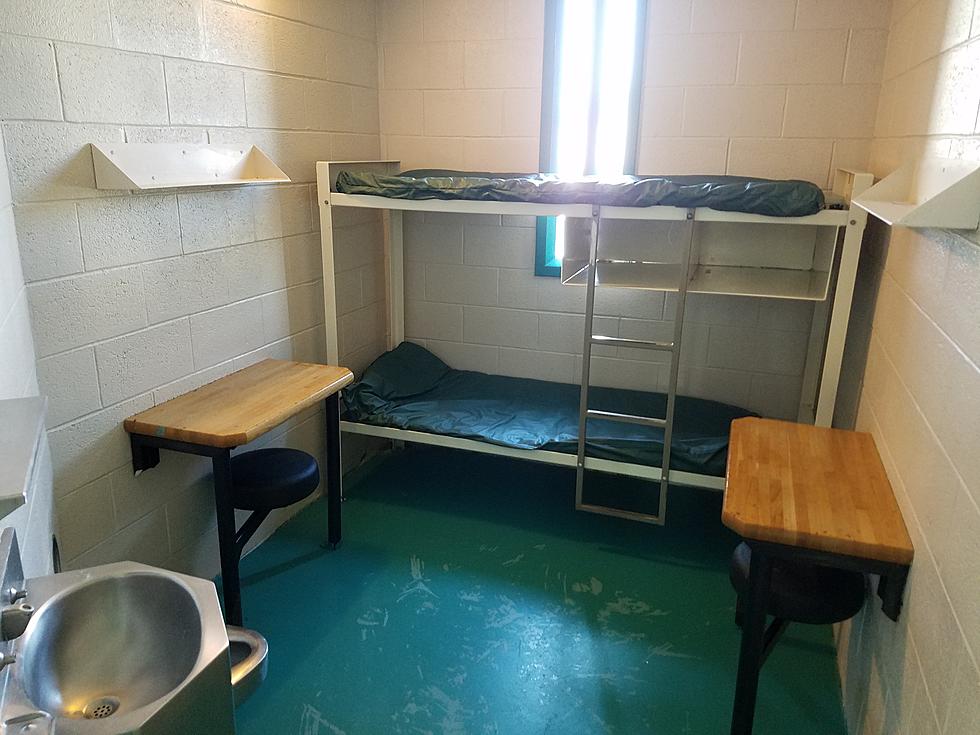
Shore NJ-Senator Robert Singer addresses key issues on ‘Ask The Senator’
Nearly five years post Superstorm Sandy, an ever-changing roller coaster of concern across party lines, a growing opioid and heroin epidemic, and easing the burden of higher education costs and more were discussed by New Jersey Senator Robert Singer (30th District) on 'Ask The Senator'.
Superstorm Sandy had varying levels of impact across the Tri-State area in 2012, and Singer feels it may be time for New York, New Jersey and Connecticut to come together and share their storm recovery experiences.
He believes it would be a beneficial meeting to have representatives from those states come together and discuss what worked and what didn't.
"We have to learn more as to what we can do to help each other out," said Singer.
He adds they also need to more efficiently spend recovery funds and help victims get clearances from FEMA.
"I really felt to a great extent that FEMA's job was to deny you getting money instead of helping you get money," said Singer. "The same thing with flood insurance, they're finding ways not to qualify you instead of finding ways to qualify you...and that's the big problem."
New Jersey's new bail reform laws that started January 1st continues to cause a roller coaster of concern across party lines, and much to the contrary of other local leaders Singer finds that it's become a big expense.
He says the new laws came with a two-percent spending cap which thins a county budget and requires them to staff judges and officers on weekends.
Singer and Senate President Steve Sweeney devised a plan.
"We introduced legislation that says for a two-year period we will allow the counties and groups involved in bail reform to exceed the two-percent cap to be able to staff up the deal with the bail reform," said Singer.
He says local officials thrived on the idea, but the League of Counties rejected it because they felt it would raise taxes.
"The last thing I want to do is raise your taxes," said Singer. "So the Senate President and I withdrew the bill and said 'fine, then you handle it'."
Following our 'Townsquare Town Hall' on Monday night which examined New Jersey's opioid and heroin epidemic, Singer weighed in on 'Ask The Congressman'.
He says that while narcan is a helpful short term answer for overdose victim, what they need most of all is long-term healthcare.
"It takes a six-month period at least to break the heroin addiction," said Singer. "So you've got to be under treatment solidly for six-months before you no longer require the use of drugs."
He adds we also need to make sure insurance companies can cover the cost of care at these facilities.
Discussing less expensive higher learning options would be required in high schools if Singer's financial literacy bill becomes law.
He says it allows parents and their children to better understand all the federal and student loans awaiting them.
"You've got to realize up front that education is expensive, that your making sure your getting the most for the dollars your investing in your education and the job at the end of it can afford to pay back the loans your taking out," said Singer.
He adds students should seek out loans and grants in advance to help soften the burden of college expenses and consider attending community colleges which gives a great education at a lesser cost.
More From 92.7 WOBM









